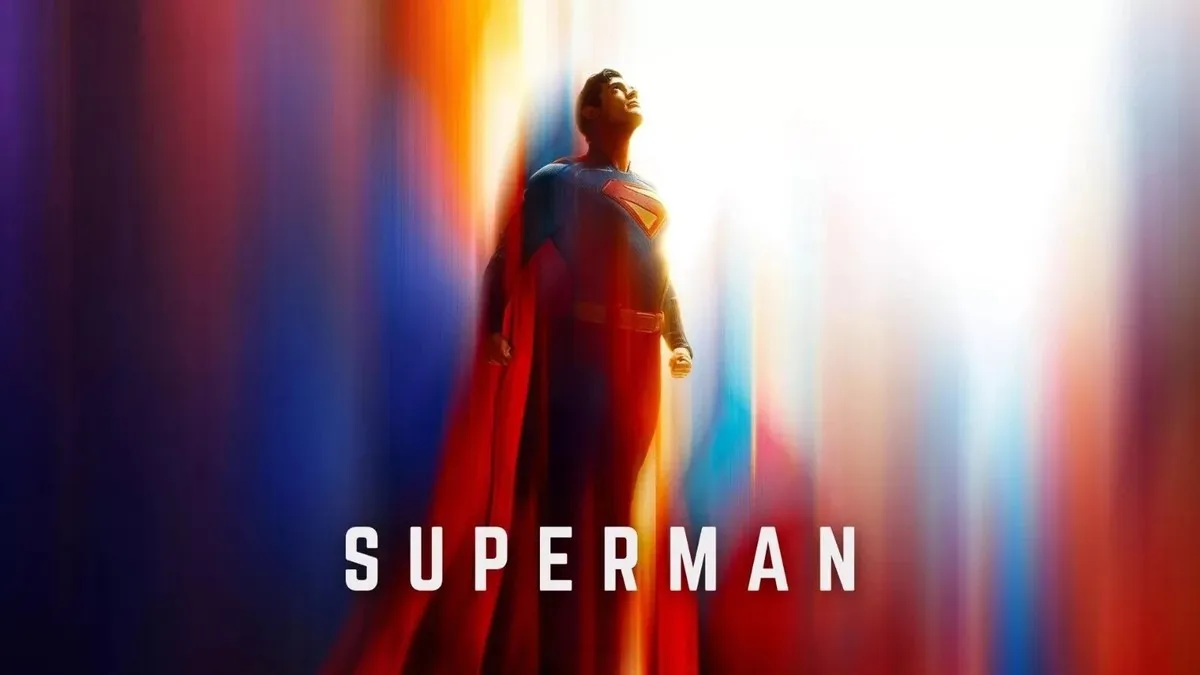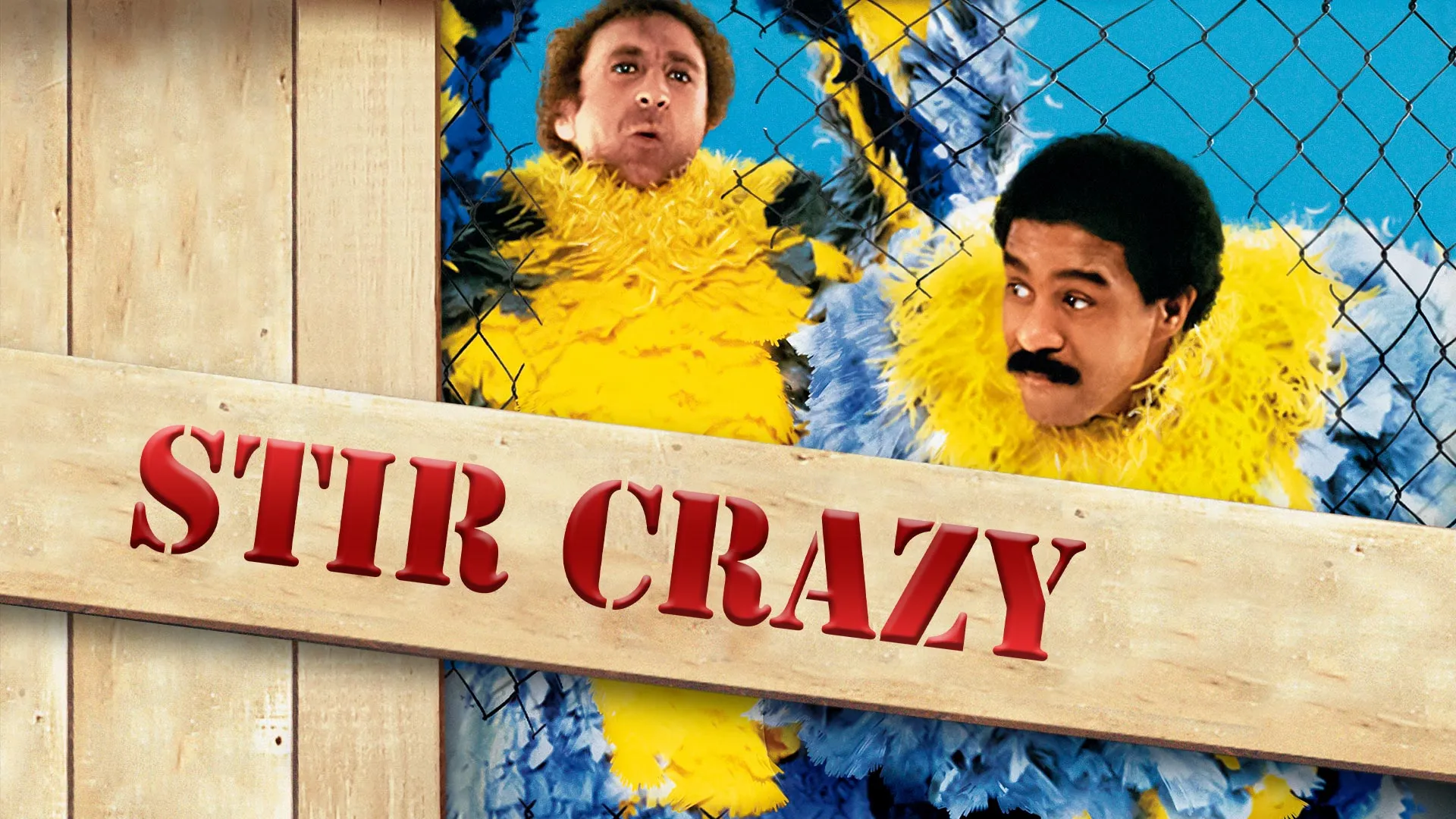In the shadow of past sins, redemption demands more than words—it demands sacrifice.
The Atonement (2025) emerges as a powerful drama-thriller that explores guilt, morality, and the possibility of forgiveness in a world scarred by betrayal. The film follows a man burdened by the consequences of a violent act from his past, now forced to face those he wronged. As the truth resurfaces, he is torn between hiding behind lies or stepping into the painful light of redemption.

Set against a backdrop of stark urban landscapes and haunting quiet moments, the story delves into the fragile line between justice and vengeance. Each encounter pushes the protagonist further toward a reckoning—not only with those demanding answers but also with himself. The tension builds as personal secrets intertwine with larger societal questions, raising the timeless dilemma: can a person truly atone for their sins, or are some acts beyond repair?
The cast brings depth and gravity to the narrative, with performances that balance rage, sorrow, and vulnerability. The film’s pacing allows room for introspection, punctuated by moments of raw confrontation. Its cinematography mirrors the duality of darkness and light—shadows symbolizing regret, while fleeting sunlit frames suggest the possibility of renewal.

The Atonement (2025) is more than a story of one man’s struggle—it is a meditation on the human capacity for forgiveness, the cost of penance, and the universal search for peace after devastation. With its gripping storyline and emotional weight, the film challenges audiences to reflect on their own ideas of guilt, responsibility, and the redemptive power of truth.



